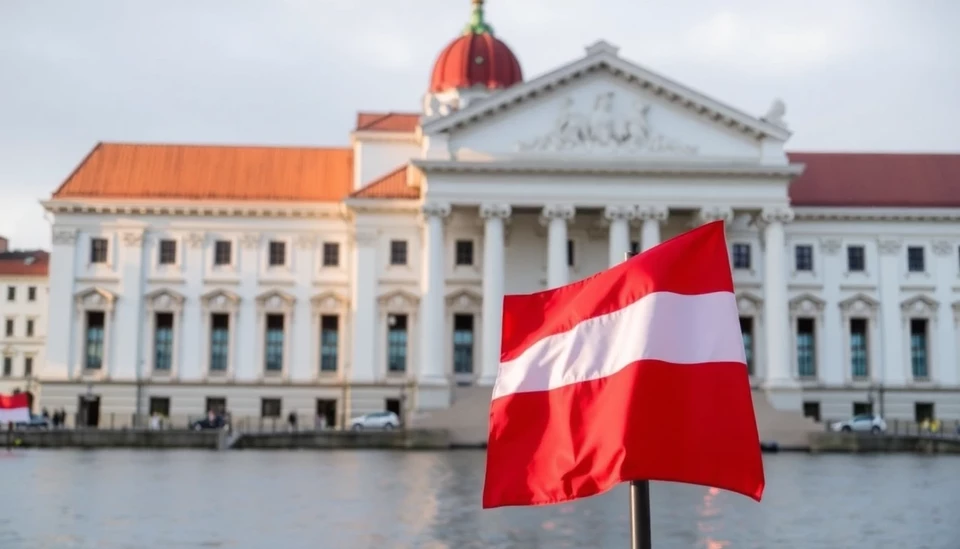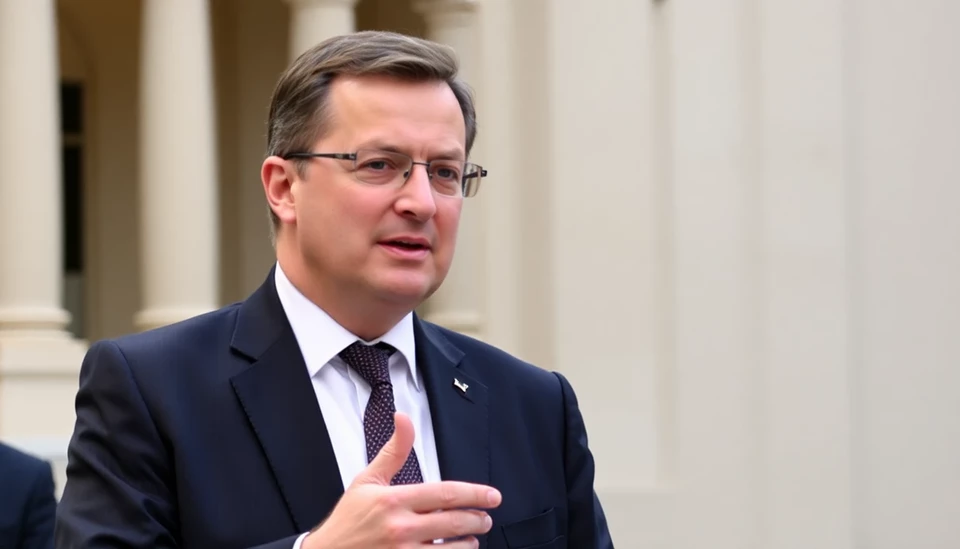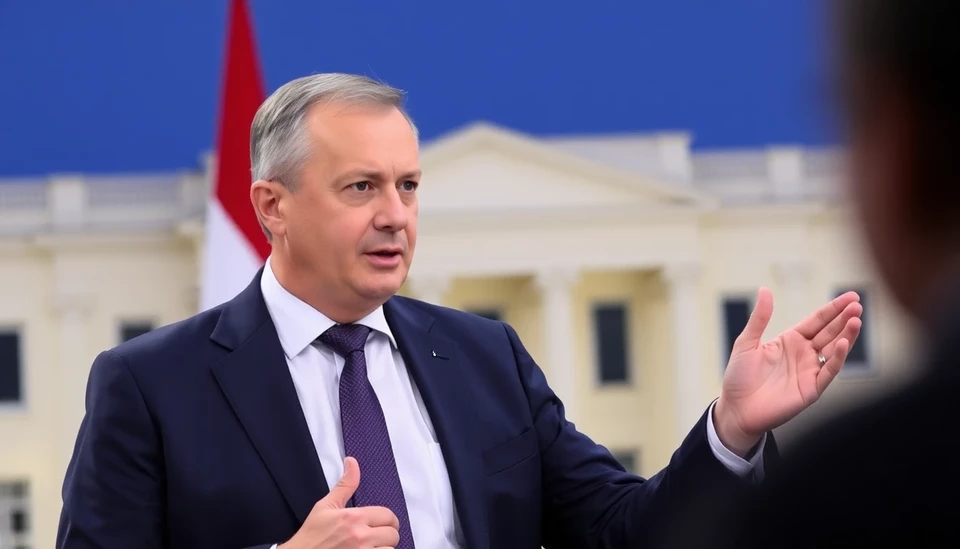
In a recent statement, Hungary’s central bank governor, Gyorgy Virag, has indicated a cautious approach towards the interest rate strategy, suggesting a readiness for a sustained pause in the current rate cycle. This declaration comes in light of the economic landscape and the central bank's commitment to ensuring stability and growth.
The Bank of Hungary has been navigating a challenging economic climate, marked by heightened inflation and a fluctuating currency. As central banks worldwide grapple with inflationary pressures, Hungary’s monetary authority is considering the timing and magnitude of future rate adjustments more carefully. Virag emphasized that a period of stability could be beneficial for the overall economic environment, as it would allow businesses and consumers to make informed financial decisions without the stress of rapidly changing interest rates.
Virag's remarks underscore the delicate balance the central bank is trying to achieve between fostering economic growth and controlling inflation. With inflation rates showing signs of moderation, the necessity for drastic measures may not be as pressing as it once was. He pointed out that current inflation is trending downwards, providing a more favorable backdrop for a pause in rate changes. This strategic pause could create an environment more conducive to investment and spending, which is vital for economic revival.
The governor further illustrated his point by highlighting recent economic indicators. He mentioned that consumer sentiment appears to be recovering and that businesses are gaining confidence, which could contribute to a more substantial economic rebound in the coming months. By holding interest rates steady, the Bank of Hungary aims to nurture this positive momentum.
Moreover, Virag noted that the decision-making process will remain data-driven, with the central bank closely monitoring both domestic and international economic conditions. This approach aligns with global trends where central banks are increasingly adopting flexible monetary policies to respond to changing economic circumstances.
Investors and market analysts are keenly watching these developments, as the central bank's decisions have significant implications for Hungary's financial markets and economic outlook. A sustained pause in the interest rate cycle might bolster investor confidence, potentially leading to an influx of capital and increased economic activity.
In conclusion, Hungary is poised for a thoughtful approach in its interest rate strategy, focusing on stability while remaining cognizant of inflation trends and economic recovery signals. As the central bank prepares for this potential pause, the broader economic implications will be crucial for the future trajectory of Hungary’s economy.
#Hungary #InterestRates #EconomicStability #Inflation #CentralBank #MonetaryPolicy #Investing #MarketAnalysis
Author: Laura Mitchell




